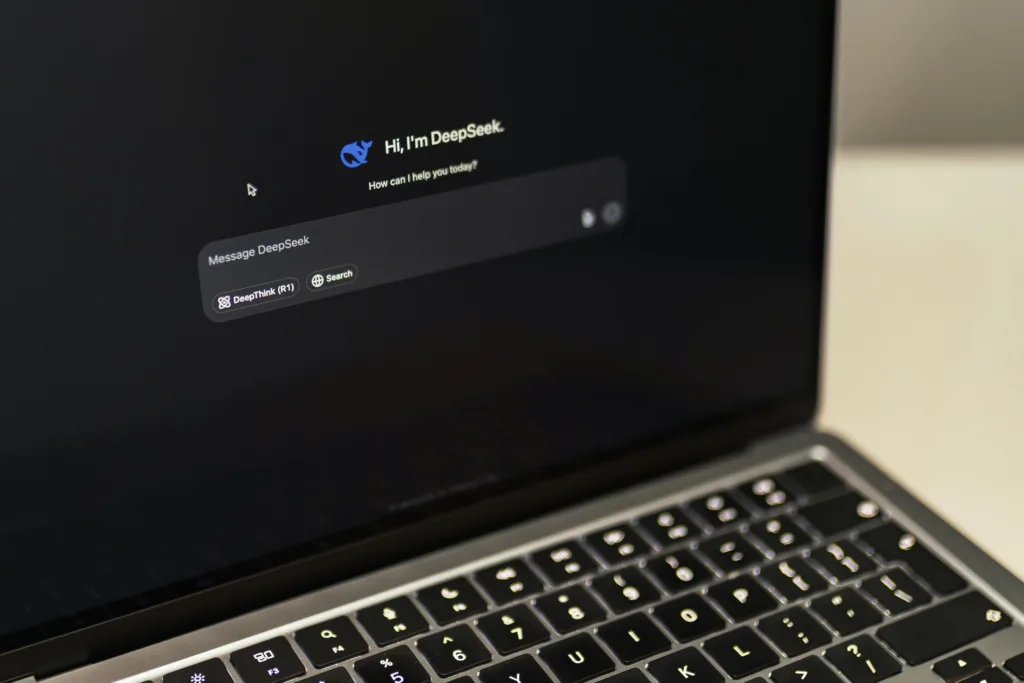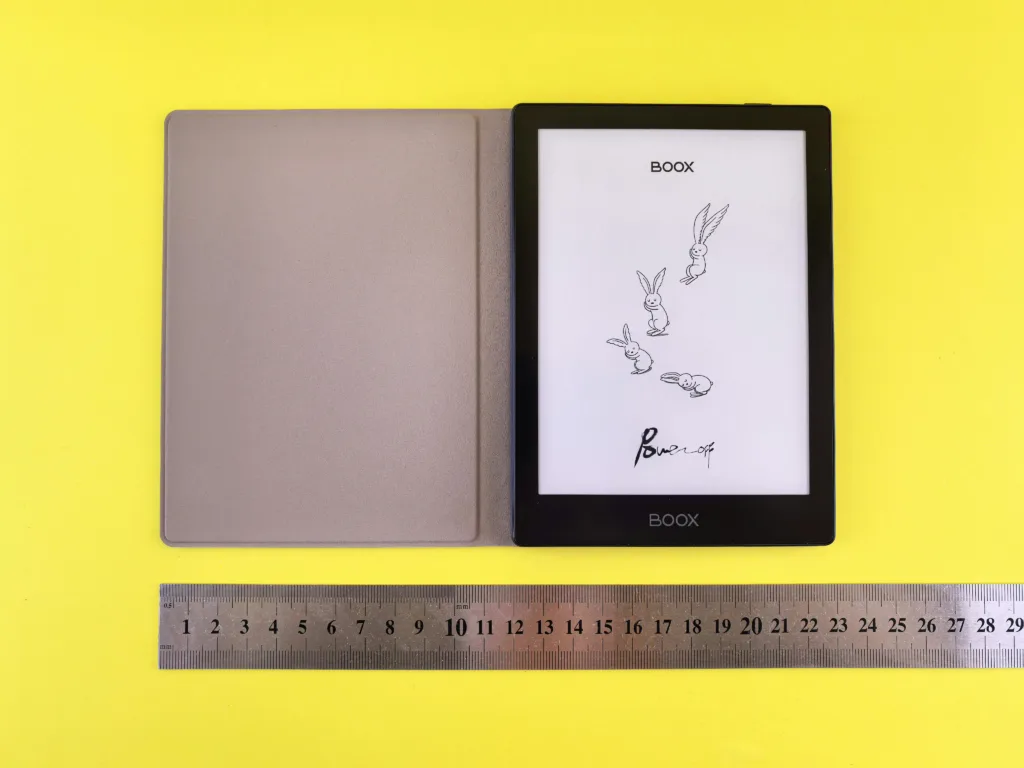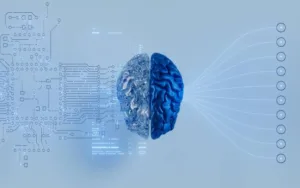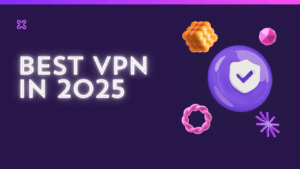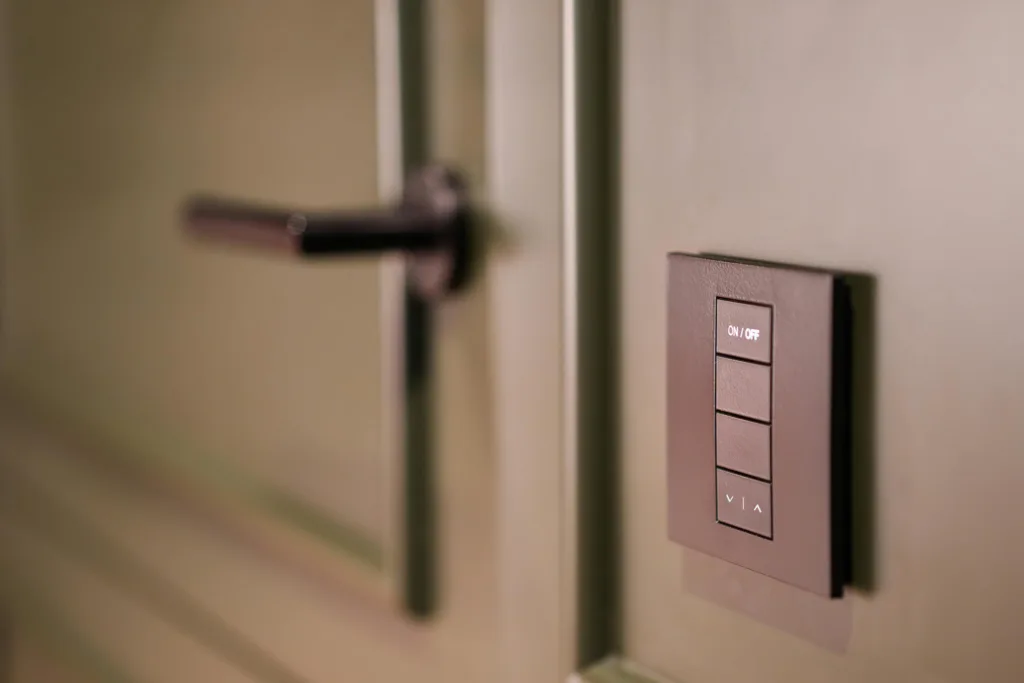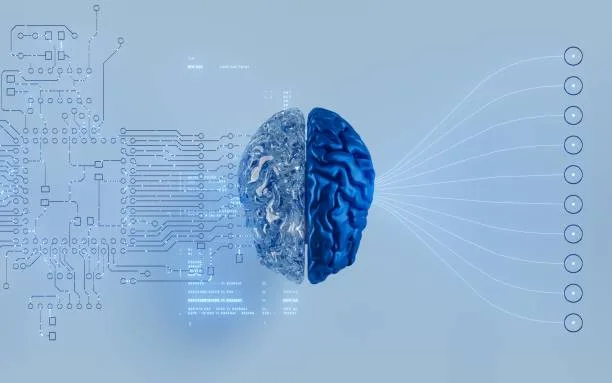
I have to admit—when I first heard about neurotechnology, I thought it was something out of a sci-fi movie. But over the past year, I’ve actually started using a few of these gadgets in my daily life, and honestly, it’s been a game-changer. From boosting focus during long workdays to finally getting quality sleep, neurotech is becoming way more practical than I ever expected.
Getting to Know Neurotech
So, what exactly is neurotech? In my experience, it’s basically tech that either reads your brain activity or helps you nudge your brain into certain states. Think of it like a Fitbit for your mind. The devices I’ve tried fall into a few main categories:
- EEG Headsets – Lightweight, wearable gadgets that track your brainwaves in real time. I use one when I’m working on writing projects, and it actually helps me notice when my focus drifts.According to the Business Research the global EEG headset market was valued at approximately $1.55 billion in 2024 and is projected to grow to $1.73 billion in 2025, reflecting a compound annual growth rate (CAGR) of 11.9%
- tDCS Devices – Tiny gadgets that send a small electrical current to parts of your brain. I’ve experimented with one during study sessions, and some days, I genuinely feel more alert.
- Neurofeedback Apps – Paired with EEG sensors, these apps train your brain toward calmness, focus, or other desired states. I love the gamified approach—they make focus feel like a challenge rather than a chore.
- Sleep Tech – Headbands or wearables that track sleep cycles and use subtle cues to improve rest. I’ve been using one for a couple of months, and it’s helped me wake up feeling less groggy.
How Neurotech Helps Me Focus
Staying focused has always been a challenge for me, especially with constant notifications and open tabs everywhere. That’s where EEG headsets come in. I’ll put on my headset for a work session, and it literally tells me when my brain is drifting. Some apps even gamify it—you score points for staying focused—which surprisingly makes it more fun to concentrate.
I’ve also tried tDCS a few times. It sends a tiny, painless current to my brain while I work on memory-heavy tasks. I won’t say it’s magic, but it does feel like my attention and recall get a little boost. Of course, everyone’s results are different, but it’s been worth experimenting with.
Sleeping Better (Finally!)
Sleep has always been a weak point for me, so I was excited to try some neurotech sleep gadgets. One wearable I use tracks my brainwaves and figures out when I’m in light, deep, or REM sleep. It even gently wakes me during lighter stages, so I don’t feel groggy in the morning.
The insights are the real win here. I can see how late-night screen time or stress affects my rest, and I can actually do something about it. Over time, it’s helped me understand my sleep patterns and make small changes that make a big difference.
Everyday Wins I’ve Noticed
Even beyond work and sleep, neurotech has crept into other parts of my life:
- Stress Relief – Some neurofeedback apps help me relax with real-time brain activity feedback. It’s like meditation but with proof that it’s working.
- Cognitive Training – Brain games guided by my own brainwaves make mental exercises feel interactive and personalized.
- Productivity – Focus boosters help me get into deep work mode faster, and I’ve noticed I can tackle bigger projects without distractions.
Things I Keep in Mind
Of course, neurotech isn’t a magic bullet. A few things I’ve learned:
- Privacy Matters – These devices collect sensitive brain data, so I make sure to understand how it’s stored and used.
- Follow Instructions – tDCS and other neurostimulation devices are safe if used properly, but I stick to the recommended guidelines.
- Be Realistic – Results vary. Some days I notice a big difference, some days less so.
The Future Feels Exciting
Honestly, I’m excited to see where neurotech goes next. I’ve read about headphones that adjust sound based on your focus, chairs that keep you alert, and even BCIs that could let us control devices with just thought. For now, though, even the gadgets I’m using have made my daily life a bit smoother, more focused, and yes, better rested.
My Takeaway
If you’re curious about neurotech, my advice is simple: try it out, pay attention to what works for you, and combine it with good habits. For me, these gadgets have helped me focus, relax, and sleep better—all without feeling like I’m living in a lab.
Neurotech isn’t just futuristic—it’s here, it’s usable, and if you approach it thoughtfully, it can make a real difference in everyday life.
Explore other articles:
Polyfunctional Robots in 2025: A New Standard in Automation
The Psychology of Smart Tech: How Devices Manipulate Your Choices
